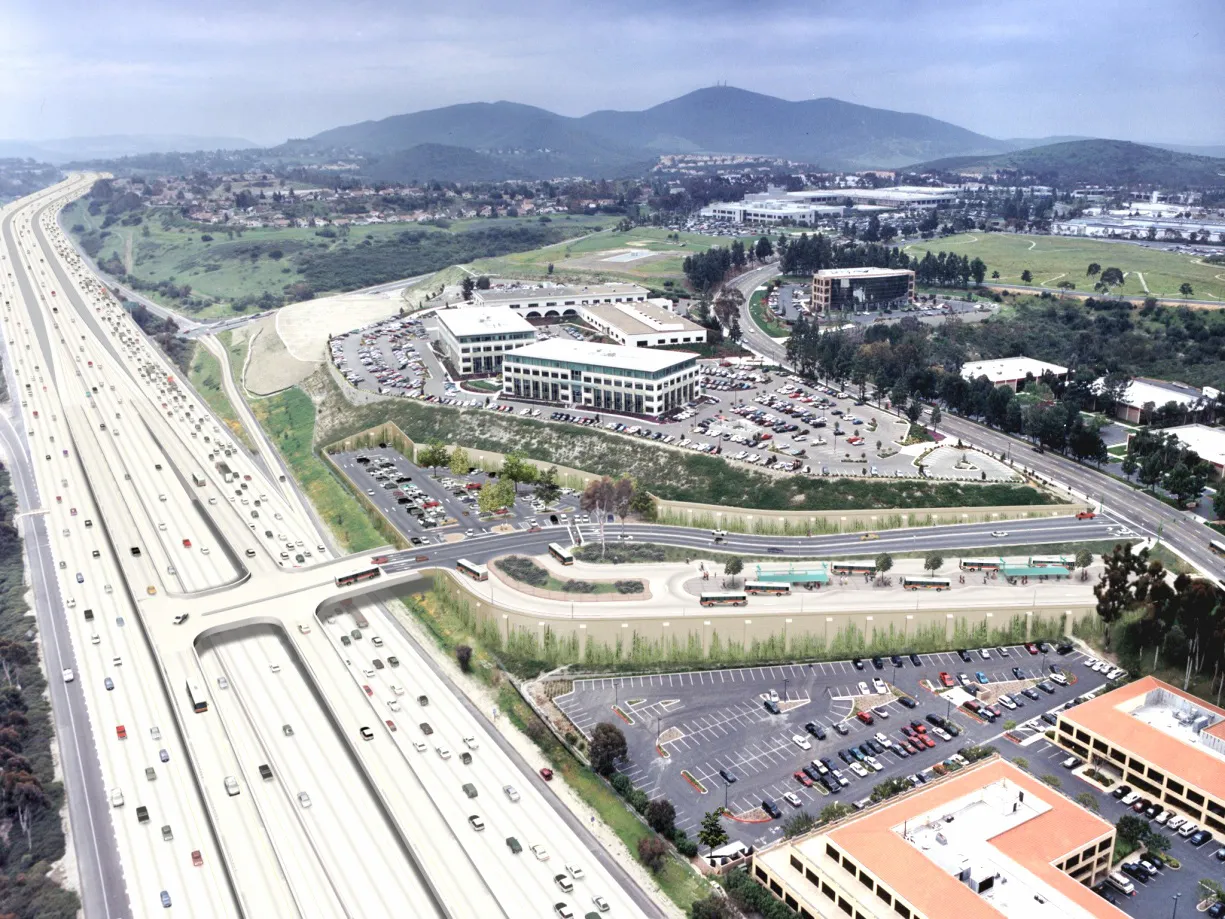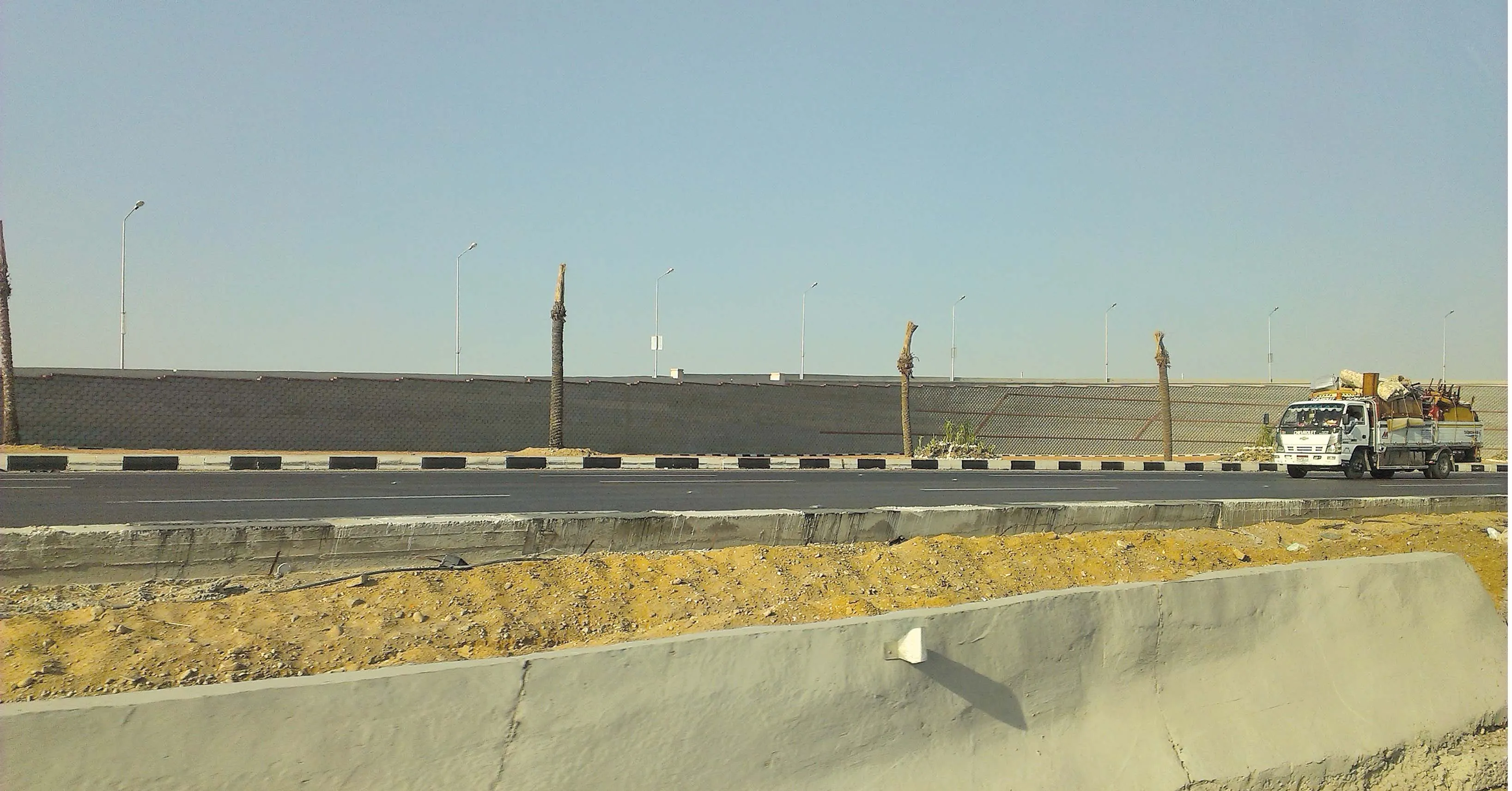A new generation of smart transport solutions could help cut congestion in urban areas around the world. The growth of personal vehicle ownership in developed and developing countries alike has exacerbated the problem of traffic congestion in many cities. Congestion is the bugbear of modern road transport, a sign of success and growing economies as well as a failure to anticipate demand. Building roads helps develop business and encourages economic growth, resulting in more traffic in the future. To quote K
October 5, 2016
Read time: 3 mins

A new generation of smart transport solutions could help cut congestion in urban areas around the world. The growth of personal vehicle ownership in developed and developing countries alike has exacerbated the problem of traffic congestion in many cities. Congestion is the bugbear of modern road transport, a sign of success and growing economies as well as a failure to anticipate demand. Building roads helps develop business and encourages economic growth, resulting in more traffic in the future. To quote Kevin Costner’s character from the movie Field of Dreams, “Build it and they will come.”
Even in Roman and Egyptian times, congestion was a known problem in city centres. Planners in Rome 2,000 years ago developed complex strategies to allow citizens to move freely in and out of the city for major events at the Colosseum for example.
The growth of road transportation during the 20th century has exacerbated the congestion problem. Ancient cities that predate the motor car have suffered because they feature narrow streets unable to carry heavy traffic. However even modern cities such as Los Angeles that have grown up with the motor car also suffer badly. A recent survey by GPS firm3972 TomTom identified Turkey’s ancient commercial centre Istanbul as having the worst traffic congestion of any city in the world. But it is worth noting that Los Angeles stood at 10th place in the list, despite its grid pattern layout and many freeways.
A driver using a private car by themselves in an urban environment is an extremely wasteful use of transport infrastructure. This is why car sharing and car-pooling schemes have been encouraged in many cities. Looking just a short distance into the future, driverless vehicles could help to ease the problem. Driverless vehicles are likely to be able to travel closer to each other due to use of safety systems, maximising the capacity of road infrastructure.
Some transportation experts believe that with the development of the driverless car, the ownership of personal vehicles will decline rapidly and several car manufacturers also see this as a possibility. Many see the development of car sharing and taxi hailing services such as Uber or Lyft through the increased use of driverless vehicles as leading to a reduction in the ownership of vehicles. Driverless buses too could help deliver efficiency gains, further optimising the use of available road infrastructure by allowing buses to operate in closer proximity to each other but without compromising safety.
While there have been much-publicised failures of driverless vehicles currently under test, such as the Google car crash and the fatality involving the Tesla, these have been comparatively isolated incidents. The technology will continue to improve and it is worth remembering too that the primary cause of road crashes throughout the world is from driver error.
Even in Roman and Egyptian times, congestion was a known problem in city centres. Planners in Rome 2,000 years ago developed complex strategies to allow citizens to move freely in and out of the city for major events at the Colosseum for example.
The growth of road transportation during the 20th century has exacerbated the congestion problem. Ancient cities that predate the motor car have suffered because they feature narrow streets unable to carry heavy traffic. However even modern cities such as Los Angeles that have grown up with the motor car also suffer badly. A recent survey by GPS firm
A driver using a private car by themselves in an urban environment is an extremely wasteful use of transport infrastructure. This is why car sharing and car-pooling schemes have been encouraged in many cities. Looking just a short distance into the future, driverless vehicles could help to ease the problem. Driverless vehicles are likely to be able to travel closer to each other due to use of safety systems, maximising the capacity of road infrastructure.
Some transportation experts believe that with the development of the driverless car, the ownership of personal vehicles will decline rapidly and several car manufacturers also see this as a possibility. Many see the development of car sharing and taxi hailing services such as Uber or Lyft through the increased use of driverless vehicles as leading to a reduction in the ownership of vehicles. Driverless buses too could help deliver efficiency gains, further optimising the use of available road infrastructure by allowing buses to operate in closer proximity to each other but without compromising safety.
While there have been much-publicised failures of driverless vehicles currently under test, such as the Google car crash and the fatality involving the Tesla, these have been comparatively isolated incidents. The technology will continue to improve and it is worth remembering too that the primary cause of road crashes throughout the world is from driver error.








